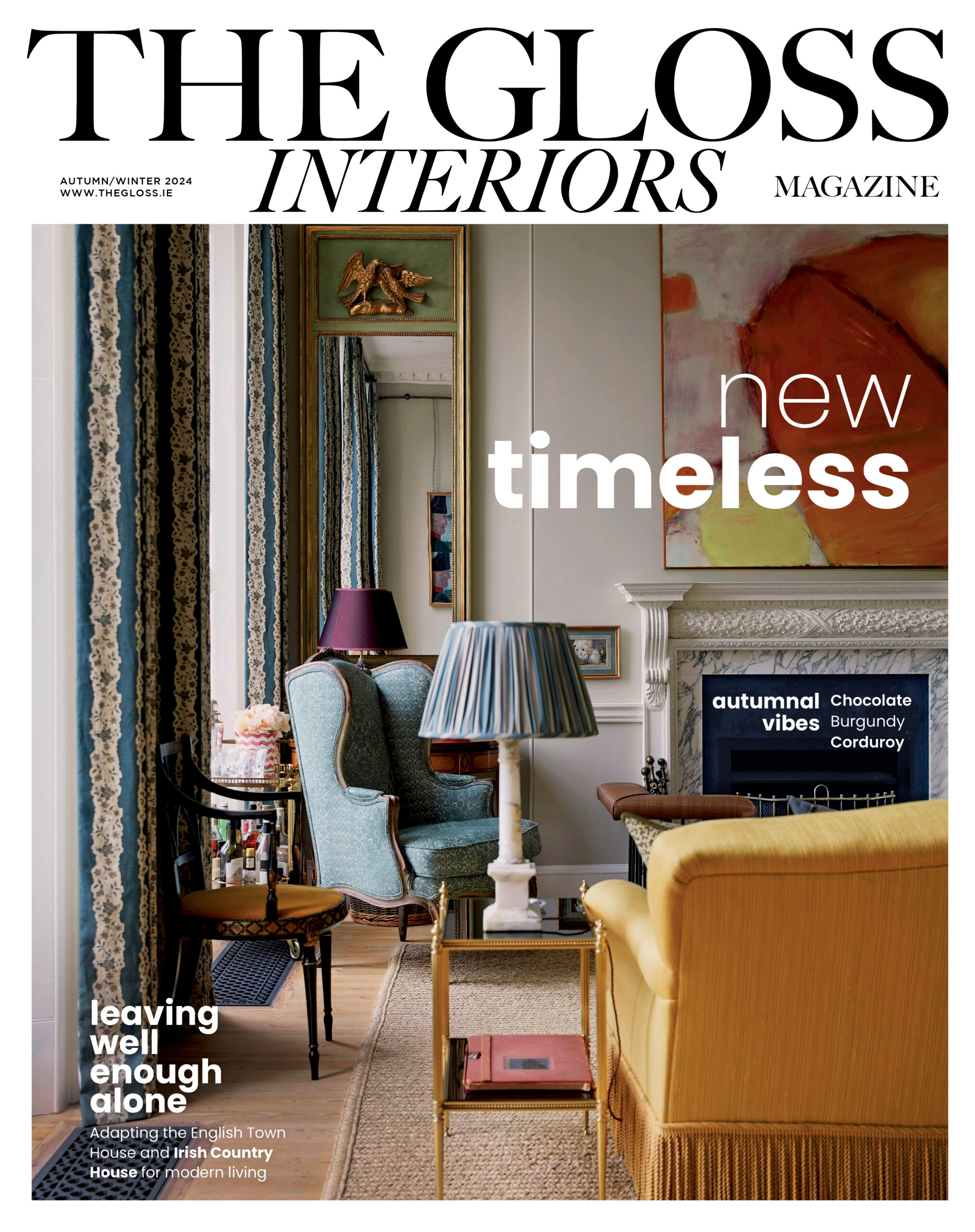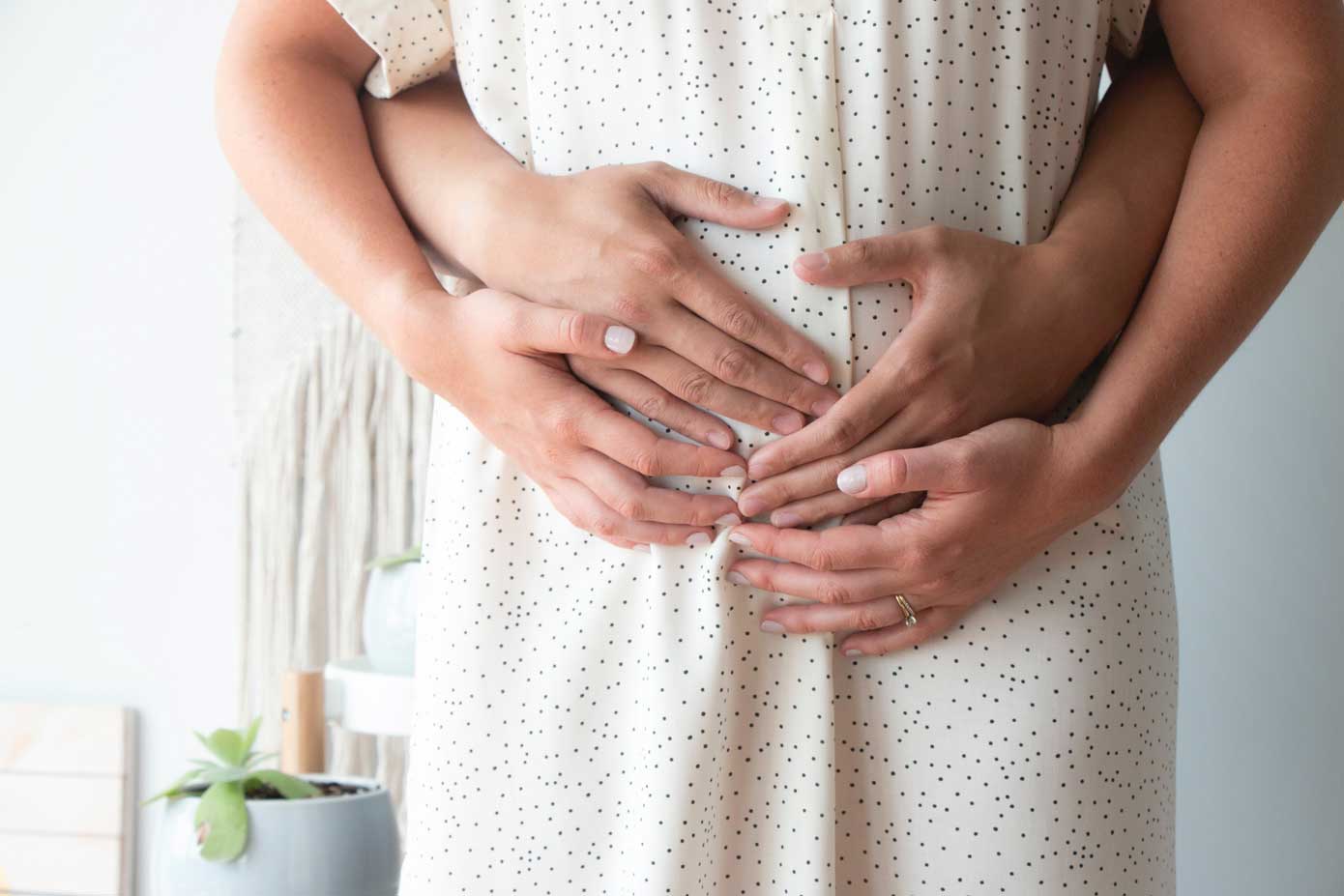
Knowledge is power when it comes to fertility and thankfully, people are starting to be more open about fertility struggles, questions and concerns. Here a panel of experts offer research-backed advice which may help…
Boots Ireland want to offer advice and support to people who are on their fertility journey and encourage more openness around the subject. To get the conversation started, Boots Ireland commissioned research to find out what people really think and worry about when it comes to fertility.
Last week, THE GLOSS hosted an expert panel opening up the conversation around fertility and health: Dr Catherine Riordan, medical doctor at the Menopause Hub and Bray Women’s Health Centre; broadcaster and presenter Sile Seoige; Dr Sorca O’Brien, ASPIRE Fellow in Fertility in NMH/MFC combined; and Caoimhe McCauley, Director of Pharmacy for Boots Ireland.
If you missed the event, you can watch it below.
Here are the key points raised by the survey – and the experts’ advice:
57 per cent of those surveyed, aged between 25 and 45, are concerned about their fertility. “Fertility concerns can be broad-reaching,” comments Dr Sorca O’Brien. “A lot of changes over the past years have led to people reassessing their priorities and life goals. We’ve seen a larger proportion of women coming to us looking for fertility assessments, and particularly an increase in fertility preservation and egg freezing, which has doubled over the last year.”
The biggest concern for up to 19 per cent is that they might not be able to have children. “For women under the age of 35, if your menstrual cycle and everything seems normal, your chances of pregnancy are fantastic under 35,” says Dr Catherine Riordan. “But even in your twenties, when your eggs are at the best quality, you only have a 20 per cent chance of getting pregnant each time you try. There is no test you can do to know your chance of getting pregnant. The single biggest factor determining your chance of pregnancy is your age, unfortunately, and there is no way to sugar-coat that. Sometimes women just wait too long, and they miss that window of fertility – once you get to your late thirties/early forties, your chances of pregnancy go from 20 per cent to maybe five per cent a month.”
And it takes two. When a couple is struggling to get pregnant, broadly speaking, a third of the time it’s going to be on the woman’s side, and a third it’s going to be entirely male.” She notes that women often attend to discuss fertility concerns by themselves, even though there’s a high chance the problem is on the male side.
Affording treatments is another concern. “Knowledge is power,” Caoimhe McCauley notes. “It’s key to understand your own individual issues, so that any treatment is targeted appropriately. Understanding your own cycle and hormone levels is really important – and there are some fairly inexpensive tools to help you do that, whether from tracking your basal body temperature to monitoring ovulation; those can really help you in the earlier stages.” Some medicines will be covered under certain schemes: “Speak to your pharmacist about that. You can also claim your tax back on your annual medicine spend from your pharmacy.”
There is no test you can do to know your chance of getting pregnant. The single biggest factor determining your chance of pregnancy is your age, unfortunately, and there is no way to sugar-coat that.
11 per cent are worried they might not find out about their fertility issues until it’s too late. Dr Sorca O’Brien advises: “If you’re under 36 and you’ve actively been trying to conceive for a year, that’s when you should consider further investigation. If you’re older, or have a condition such as endometriosis that might have an impact on your fertility, we would say six months.” There are more public services available now for people, including fertility hubs around Ireland. “Your fertility potential reduces as you get older, and there’s no time too early to be seeking discussion about fertility.”
72 per cent of respondents agree that people are starting to be more open about fertility. Sile Seoige spoke honestly about her own experiences with miscarriage. “I find it really refreshing people are starting to be more open, though I also understand that for some it’s a no-go area. Fear is a powerful force and it can be very debilitating. Having the information to hand helps you to give yourself the best possible chance.”
14 per cent of people experience stress and anxiety during their fertility journey. Seoige says: “I know a lot of people who’ve had huge relationship difficulties because of the pressure. I’m a big believer in not getting too clinical about sex, have fun, and try to relax and communicate about any worries you have. Consider outside help – I had some sessions with fertility coach Helena Tubridy which really helped in managing fears I had around miscarriage.”
Dr Riordan adds: “A lot of couples don’t realise how traumatising it can be, for example, to go through IVF. I worked with a psychologist who would offer a lot of support to people, and every single one came away saying it was incredibly helpful in learning how to cope with the stresses.” Caoimhe McAuley also encourages people to reach out for help and support. “I’d reassure people that at Boots we have a network of pharmacies across the country and you can talk to your pharmacist confidentially, which can be a helpful and accessible first step.” Seoige, who was 42 having her second child, talks about staying positive and keeping an open mind: “Don’t lose hope. Educate yourself and seek out information to empower you.”
The experts recommend support services including:
NISIG (National Infertility Support & Information Group), www.nisig.com.
Pregnancy & Infant Loss Ireland line: www.pregnancyandinfantloss.ie.
There are also independent fertility counsellors for one-to-one couples therapy.
Visit Boots stores nationwide to speak to one of their pharmacists confidentially; www.boots.ie.
LOVETHEGLOSS.IE?
Sign up to our MAILING LIST now for a roundup of the latest fashion, beauty, interiors and entertaining news from THE GLOSS MAGAZINE’s daily dispatches.






